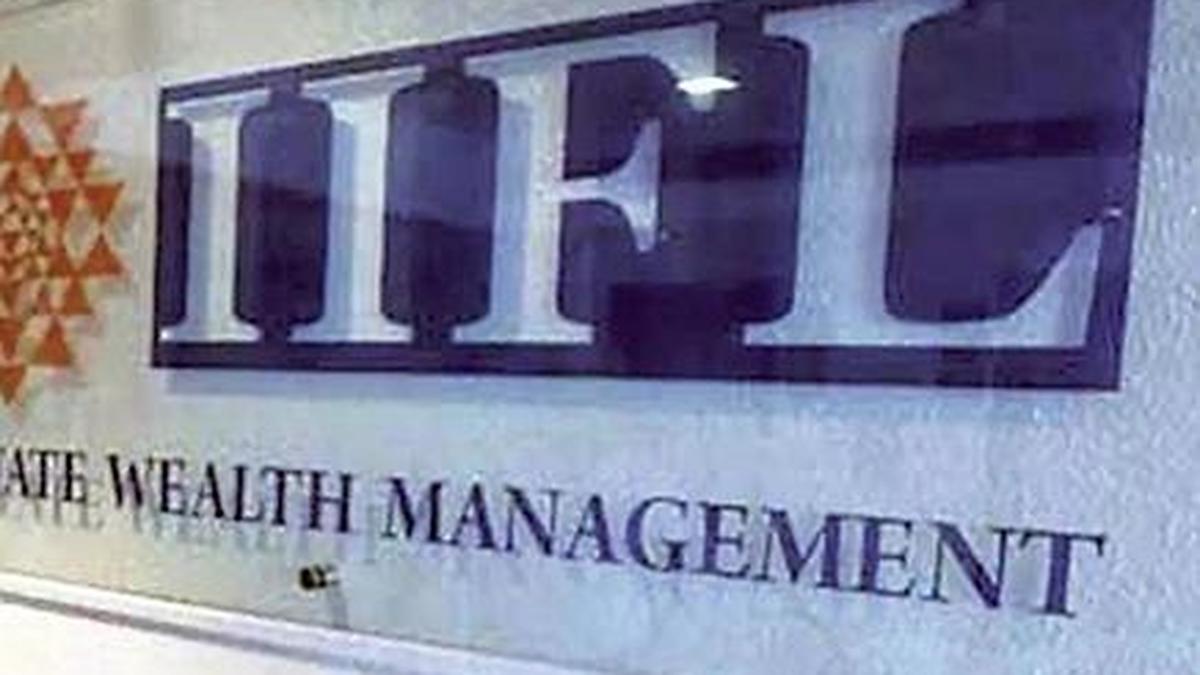IIFL Finance facing a liquidity crunch after gold loan business curbs: Report
IIFL Finance is facing a liquidity crunch as banks have turned cautious while lending to it following a clampdown on the non-bank lender’s gold loan business, a senior official and two bankers told Reuters.
“Banks are neither sanctioning new lines (of credit) nor disbursing from already sanctioned limits,” the official at the company,said.
Banks have stopped lending to IIFL Finance’s gold and other businesses, the official said, adding that the impact of the curbs on the overall business is likely to be around ₹5 billion ($60 million).
In early March, the Reserve Bank of India (RBI) ordered IIFL Finance to stop sanctioning, disbursing, and selling gold loans, citing “material supervisory concerns” in its gold loan portfolio.
Soon after the curbs, IIFL Finance canceled a proposed $400 million bond fundraising plan.
Its top shareholder, Fairfax India, agreed to provide up to $200 million in liquidity support to assuage liquidity concerns. The company has since raised ₹5 billion through bonds and is looking to raise ₹12.72 billion through a rights issue of shares.
“Banks are currently in a wait-and-watch mode and are waiting for the regulatory dust to settle before taking on more exposure,” an official with a state-run bank said.
“While co-lending should automatically restart once the RBI ban is lifted, we are staying away from term loans at present.”
Banks lend funds jointly under a co-lending arrangement to spread the credit risk. As of Dec 31, 57 per cent of IIFL Finance’s total borrowing was from banks.
The bankers refused to be named as they are not authorised to speak to the media.
IIFL Finance had an unencumbered cash and liquid balance of around ₹40.35 billion as of March 5, as per rating agency ICRA.
“The drawdown in liquidity is faster than expected, as other businesses of the company also have to survive,” the company source said.
The second banker said it wants to avoid lending to an entity that is under the regulator’s lens.
“With the regulatory scrutiny on banks increasing, we would prefer to temporarily halt lending till we get clarity on how they sort out compliance-related issues and plan to restart the business,” the banker said.
